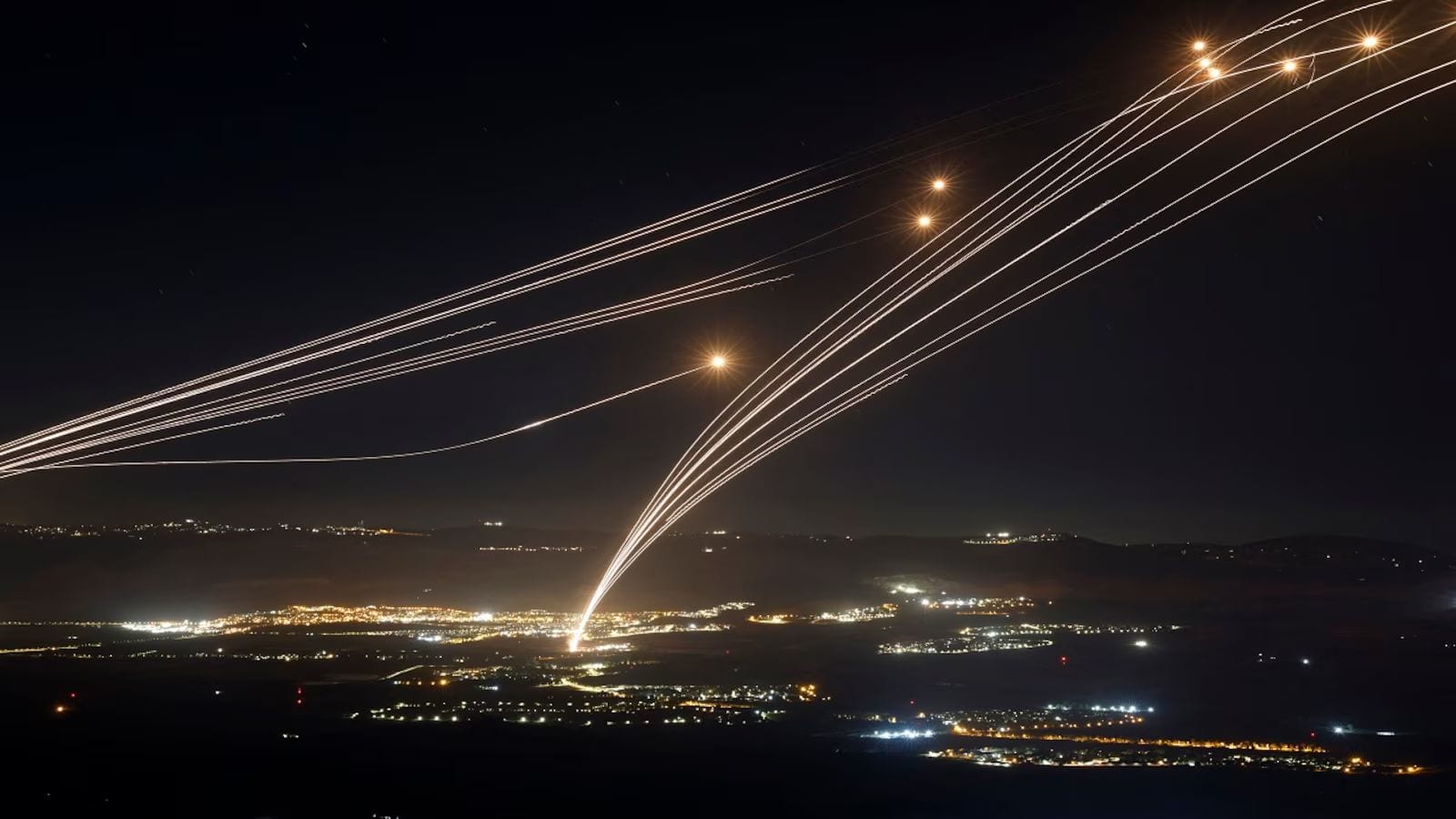In recent years, tensions between Israel and Iran have escalated, drawing global attention to the ongoing conflict in the Middle East. The situation took a severe turn on October 1, when Iran launched its largest direct attack on Israel to date, firing approximately 180 ballistic missiles. Despite the scale of the assault, most of the missiles were intercepted successfully by missile defense systems from Israel, the United States, and Jordan. This attack not only marks a significant moment in Israel-Iran relations but also highlights the escalating instability in the Middle East region.
The Context of the Israel-Iran Conflict
The Israel-Iran conflict has deep roots, stemming from ideological, political, and military disagreements that date back several decades. Israel views Iran as a primary threat to its national security, particularly due to Iran’s nuclear ambitions and its support for militant groups like Hezbollah. Conversely, Iran sees Israel as an adversary in its pursuit of regional dominance.
Recent Escalations
This recent missile attack on October 1 is not an isolated incident; a similar attack occurred in April of the same year, indicating a troubling pattern of aggression. These frequent military confrontations raise concerns about an imminent full-scale war, which could have dire consequences not just for Israel and Iran but for the entire Middle Eastern region.
International Responses
The international community has been quick to react to the escalating tensions. The United States, a close ally of Israel, condemned the attack and reaffirmed its commitment to Israel’s security. Meanwhile, countries in the Middle East are closely monitoring the situation, with some expressing concern about the potential for wider conflict.
Impact on Regional Stability
The continuous strain between Israel and Iran threatens the stability of the Middle East. Regional powers are weighing their responses, with some nations considering how they might align themselves in this new geopolitical landscape. The ramifications of this conflict could lead to increased military spending, the formation of new alliances, and a complex web of diplomacy that could alter the balance of power in the region.
The Role of Missile Defense Systems
Missile defense systems played a crucial role in mitigating the effects of the October 1 attack. Israel’s Iron Dome, along with American and Jordanian missile defense systems, successfully intercepted a majority of the incoming projectiles, showcasing the effectiveness of advanced military technology in modern warfare. This incident underscores the importance of maintaining and enhancing missile defense capabilities in the face of evolving threats.
Conclusion
As the Israel-Iran conflict continues to unfold, the stakes are higher than ever. The October 1 missile attack illustrates the escalating hostility and the complex dynamics at play in the Middle East. With international reaction closely tied to regional stability, the coming months will be critical in shaping the response to this ongoing crisis. The world watches as both nations navigate a perilous path that could lead to wider conflict or, perhaps, unexpected opportunities for dialogue and reconciliation.
